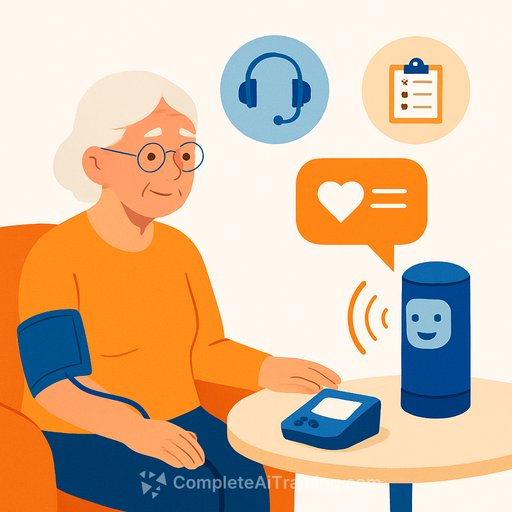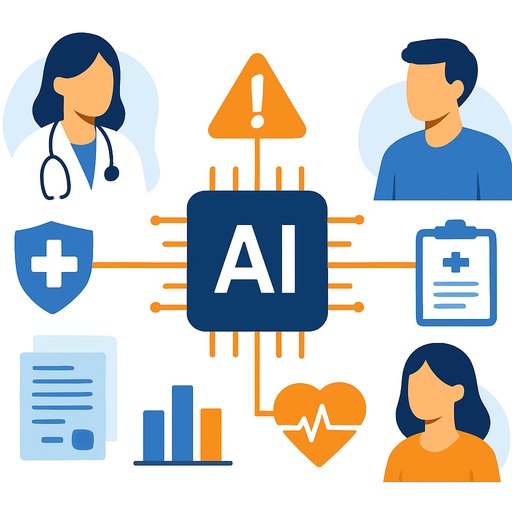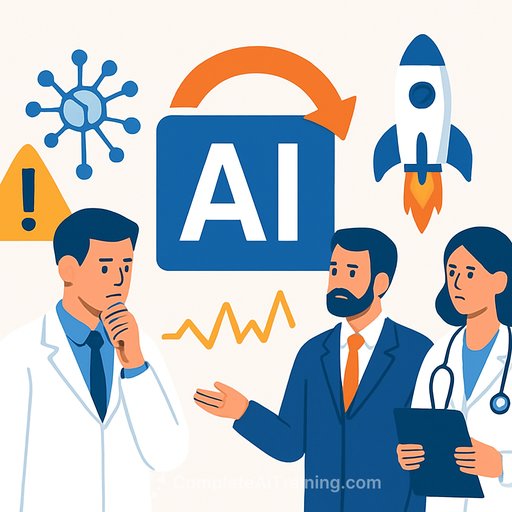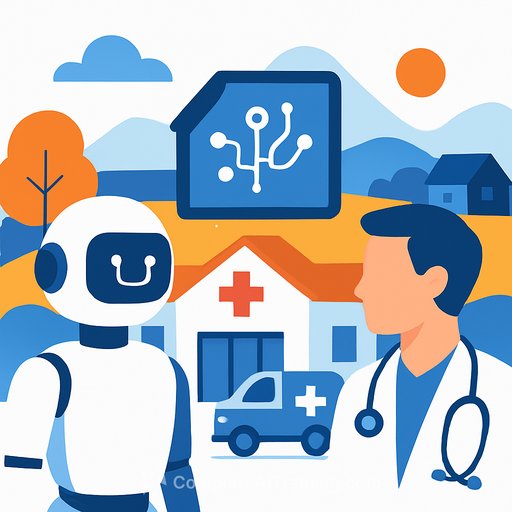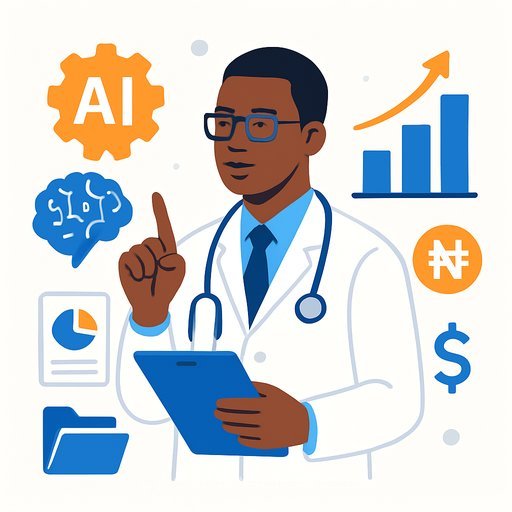AI Voice Agents Improve Blood Pressure Reporting for Older Adults
Artificial intelligence (AI) voice agents have shown promising results in helping older adults with high blood pressure accurately report their blood pressure readings at home. Preliminary research presented at the American Heart Association's Hypertension Scientific Sessions 2025 highlights how this technology enhances blood pressure management while reducing clinical workload.
Addressing Challenges in Blood Pressure Monitoring
Monitoring blood pressure regularly is critical to improving cardiovascular health outcomes. However, many patients, especially older adults with limited access to care, struggle to provide timely and accurate readings. The study tackled this issue by deploying AI voice agents to engage patients in self-reporting their blood pressure remotely, replacing the need for frequent phone calls with healthcare professionals.
How the AI Voice Agent Works
The AI system uses advanced large language models to interact naturally with patients in real time. In this study, 2,000 adults—mostly aged 65 and older—received calls from AI voice agents in multiple languages, including English and Spanish. These calls asked patients to provide recent blood pressure readings or guided them through taking a live measurement during the call.
If readings fell outside personalized thresholds or if patients reported symptoms like dizziness or chest pain, the AI escalated the call to a licensed nurse or medical assistant. Urgent cases received immediate attention, while non-urgent issues were addressed within 24 hours.
Integration with Clinical Workflows and Cost Benefits
After each AI call, patient data were entered into electronic health records (EHR) and reviewed by clinicians. This process streamlined care management by routing patients with difficult-to-control blood pressure to appropriate care teams. It also reduced manual work, lowering the cost per reading by 88.7% compared to human-led calls.
Key Study Outcomes
- 85% of patients were successfully reached by the AI voice agent.
- 67% of contacted patients completed the call.
- 60% took a compliant blood pressure reading during the call.
- 68% met the controlling blood pressure (CBP) Stars compliance thresholds.
- 1,939 CBP gaps were closed, improving the Medicare Advantage (MA) and Healthcare Effectiveness Data and Information Set (HEDIS) CBP measure from a 1-star to a 4-star rating.
- Patient satisfaction scores averaged over 9 out of 10, indicating a positive experience with AI interactions.
Implications for Healthcare Providers
Integrating AI voice agents into hypertension management workflows offers a scalable way to improve patient engagement and clinical outcomes. The technology efficiently identifies patients needing follow-up care and supports adherence to blood pressure monitoring recommendations.
Given the high satisfaction rates and cost savings, healthcare organizations could consider AI voice systems as a valuable tool to expand remote monitoring capabilities and close quality measure gaps.
Study Design and Context
The study focused on patients receiving care at Emory Healthcare in Atlanta over a 10-week period. Participants were identified through electronic health records as having missing or uncontrolled blood pressure data. The AI outreach supplemented other communication channels such as texts and conventional phone calls.
Readings collected during AI calls were validated by clinicians before being submitted to close quality gaps tied to Medicare Advantage Star Ratings. These ratings affect bonus payments to healthcare providers, emphasizing the importance of accurate and timely blood pressure data.
Limitations to Consider
- The study was observational with no control group for comparison.
- AI calls were not directly compared against human calls due to resource constraints.
- The retrospective design analyzed existing data rather than prospectively testing the intervention.
Despite these limitations, the findings suggest AI voice agents can effectively support blood pressure management among older adults, especially when integrated into established clinical workflows.
Additional Resources
Home blood pressure monitoring is recommended for all adults with hypertension, as outlined in the American Heart Association's guidelines. Tools like AI voice agents can help meet this recommendation while improving healthcare efficiency.
Healthcare professionals interested in leveraging AI technologies for patient engagement and monitoring can explore relevant courses and training at Complete AI Training.
Your membership also unlocks:

